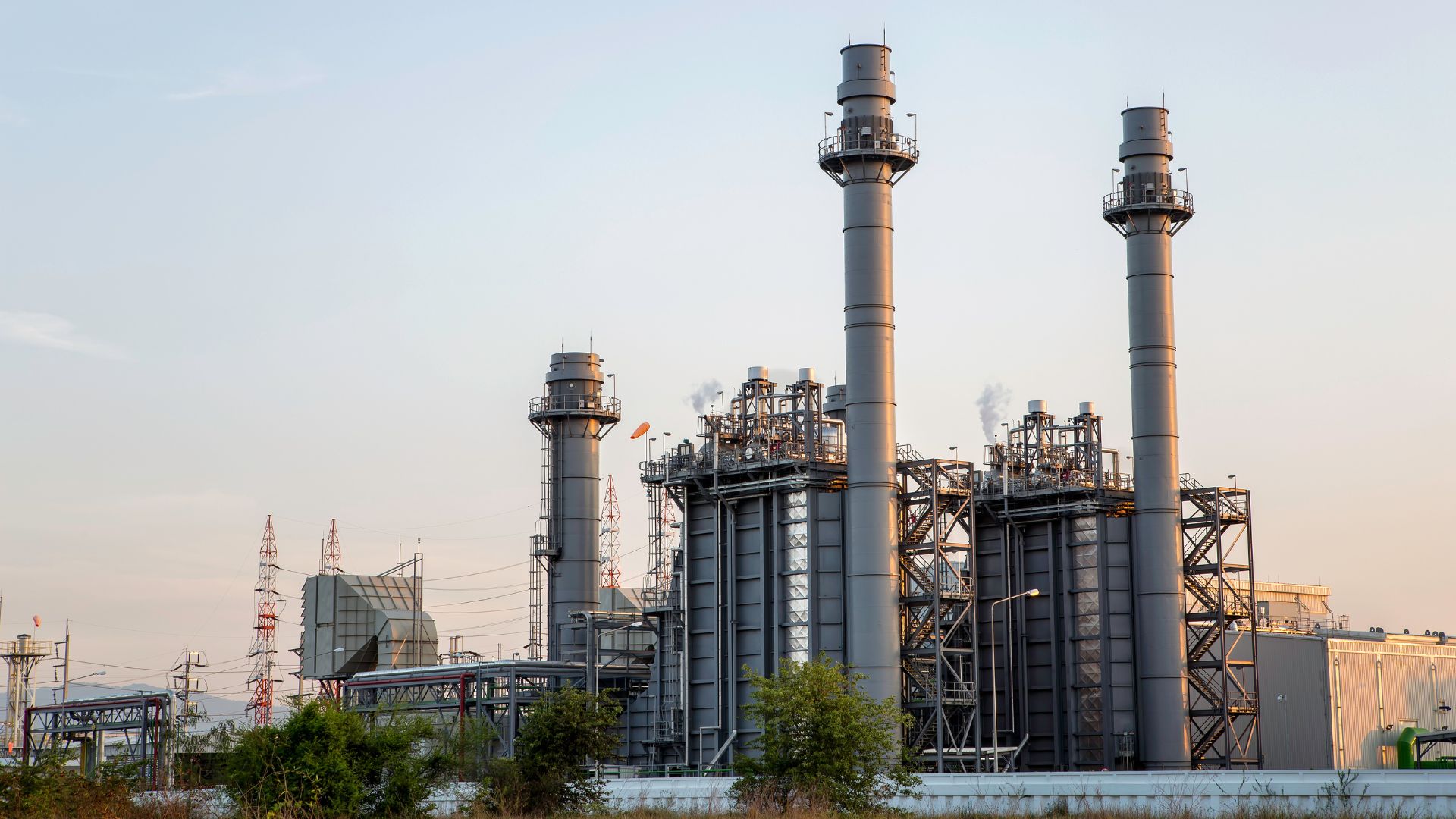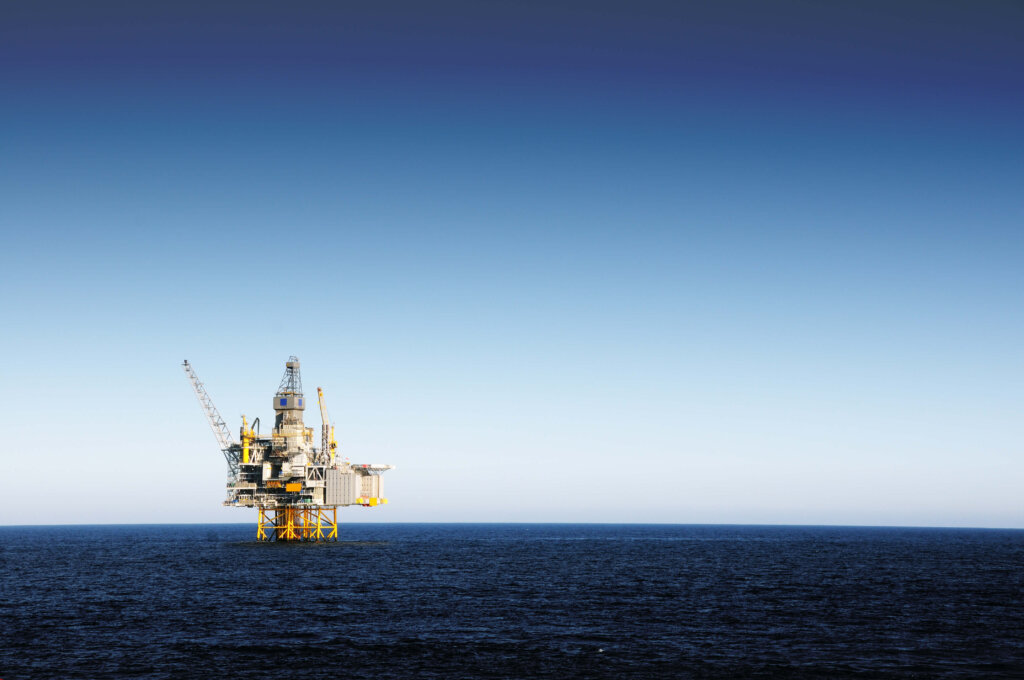The new legislation
On 22 June, Federal Environment Minister Tanya Plibersek introduced new laws that would allow companies to transport carbon emissions beyond Australian borders for the purpose of undersea ‘carbon capture and storage’ (‘CCS’).
The proposed ‘Environment Protection (Sea Dumping) Amendment (Using New Technologies to Fight Climate Change’ Bill would set up a system for companies to ship carbon emissions generated in Australia into another country’s waters to inject under the seabed, and vice versa: CO2 emissions created in other countries could be imported into Australia for injection under the Australian seabed.
Our submission
Environmental Justice Australia made a submission on the Bill in July 2023. We’re concerned the proposal to import and export carbon emissions raises several serious climate justice and environmental issues which are not addressed in the Bill.
Environmental Justice Australia lawyers are concerned the proposal to import and export carbon emissions raises several serious climate justice and environmental issues which are not addressed in the Bill, including:
- Climate injustice
- Facilitating fossil fuel expansion
- Inadequate risk management
- Avoided responsibility for greenhouse gas pollution.

Environmental Justice Australia lawyers are concerned the proposal to import and export carbon emissions raises serious climate justice and environmental issues.
Unproven technology
CCS is a very risky and expensive process which has not been proven to work at the huge scale needed to seriously address the emissions from fossil fuel extraction and use which are driving the climate crisis.
Some fossil fuel companies claim that by capturing CO2 emissions from a pollution source, like a fossil gas field or a coal-fired power station, and injecting them deep underground, CCS can neutralise the carbon pollution from coal and gas use.
However, large-scale CCS projects have consistently struggled with technical issues and failed to meet emissions avoidance targets. Critically, even if CCS did work, the CCS projects that fossil fuel companies are proposing in Australia will not avoid all, or even most, of the emissions from the coal or gas industry.
This is because there are many sources of greenhouse gas emissions from these industries which CCS doesn’t address – for example, the ‘fugitive’ methane emissions which escape during the extraction of coal before it arrives at the power station, or the carbon pollution from burning gas in people’s homes.
Enabling more fossil fuels
The new import/export system set up by the Bill would facilitate new CCS projects, but the Bill doesn’t contain any provisions to make sure that these CCS projects are making a genuine contribution to climate change, and aren’t just greenwashing fossil fuels.
One of the most-progressed projects that would require permits under the Bill is Santos’s proposal to export waste CO2 from sources in Australia, including the Barossa offshore gas field, and it into East Timorese waters for injection into the Bayu-Undan gas field. The Barossa gas field contains a high proportion of CO2 alongside the product gas, methane, so Santos is proposing this CCS project as a way of dealing with the huge volumes of CO2 pollution that would result from exploiting the Barossa field.
However, even though the fugitive carbon emissions from the Barossa field would be considerable, the combustion emissions from the end-use of the gas are much, much larger. The CCS component of the Barossa development would do nothing to address these combustion emissions, meaning that this project would still be a massive carbon bomb.
Climate injustice
The Bayu-Undan/Barossa project also raises serious questions about why it is fair or justified for a wealthy country like Australia to enact legislation that would allow it to avoid responsibility for dealing with its greenhouse gas emissions by exporting them to other countries.
As one of the world’s highest per-capita emitters, Australia has both the resources and responsibility to deal with its own emissions, and should not be trying to shirk this responsibility by dumping pollution on its neighbours.
Inadequate risk management
Another, related problem is that when deciding whether to allow Australian carbon emissions to be exported, there is no requirement under the Bill for the Minister to consider in-depth how likely it is that the CO2 will be successfully stored and properly monitored once it is overseas.
The two Norwegian CCS projects often cited by CCS proponents as evidence of the technology’s effectiveness, Sleipner and Snøhvit, were set up in a robust regulatory environment with close government oversight, and have still required billions of dollars in constant, rigorous monitoring and engineering adjustments over their lifespan to avoid the escape of injected CO2.
With no requirement for the Minister to ensure exported carbon emissions are subject to this kind of close oversight once sent overseas, and with potentially limited ability for Australia to enter foreign waters to conduct its own monitoring, the Bill provides no assurance to the Australian community that exported emissions wouldn’t sooner or later find their way into the atmosphere and exacerbate dangerous climate change.
What's next
Contributing to processes like the Committee scrutiny of this Bill is part of EJA’s close watching brief on CCS developments in Australia, and our work to make sure that the regulation of this risky and unproven technology is as robust as it can be.


